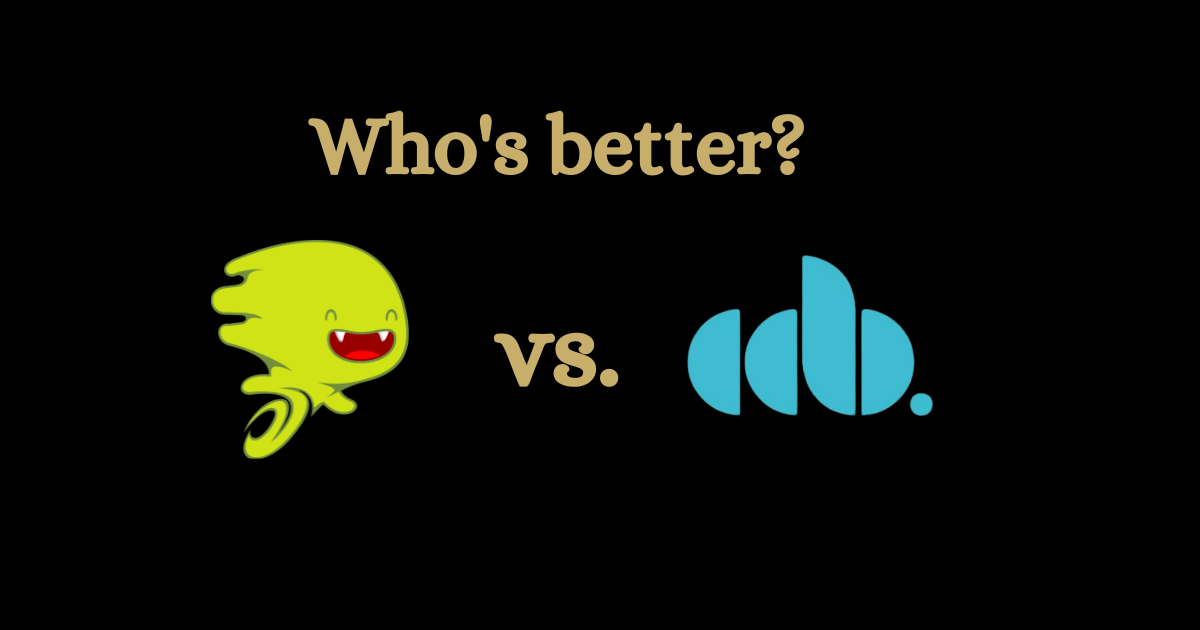
DistroKid vs. CD Baby
DistroKid vs. CD Baby Music Distribution for Independent Record Labels What’s good guys, Today I will be doing this post to discuss and share my
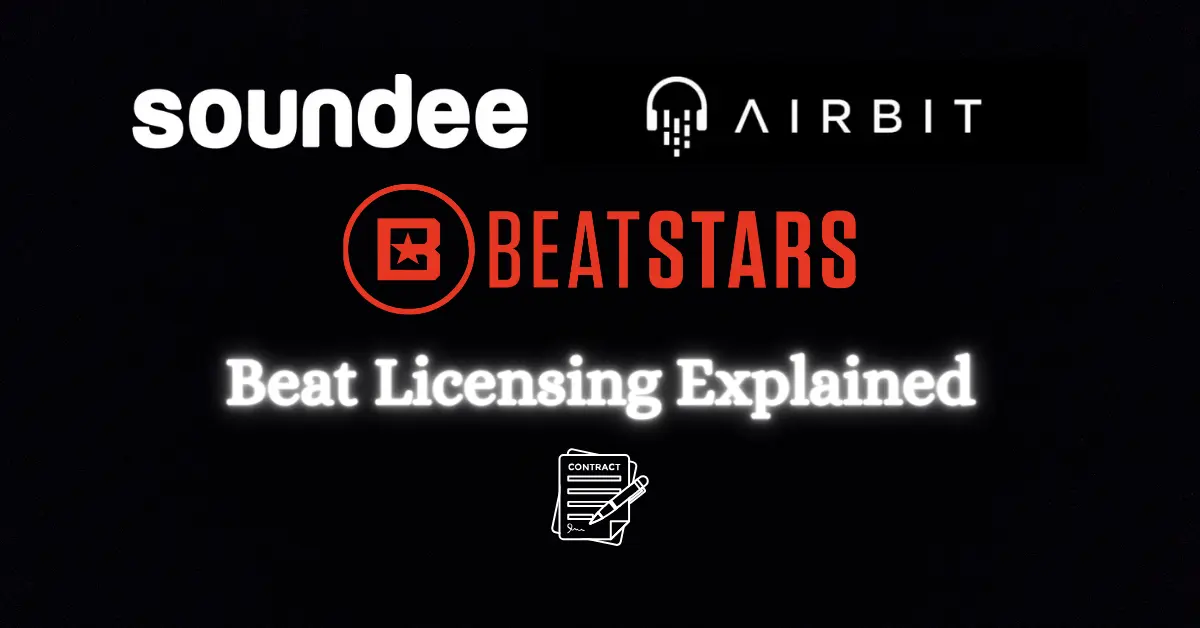
In today’s digital age, beat selling platforms such as BeatStars, Soundee and Airbit have made it cheap and accessible for independent artists to license quality instrumentals for their music releases. Although it looks good on the outside, artists should also be aware of the limitations and rights to the song when leasing beats.
In this guide, we will cover everything you need to know when it comes to licensing beats, including but not limited to:
Sit back and enjoy this free guide. You will learn everything you need to know about leasing beats and what to look out for.
This is online beat licensing explained.
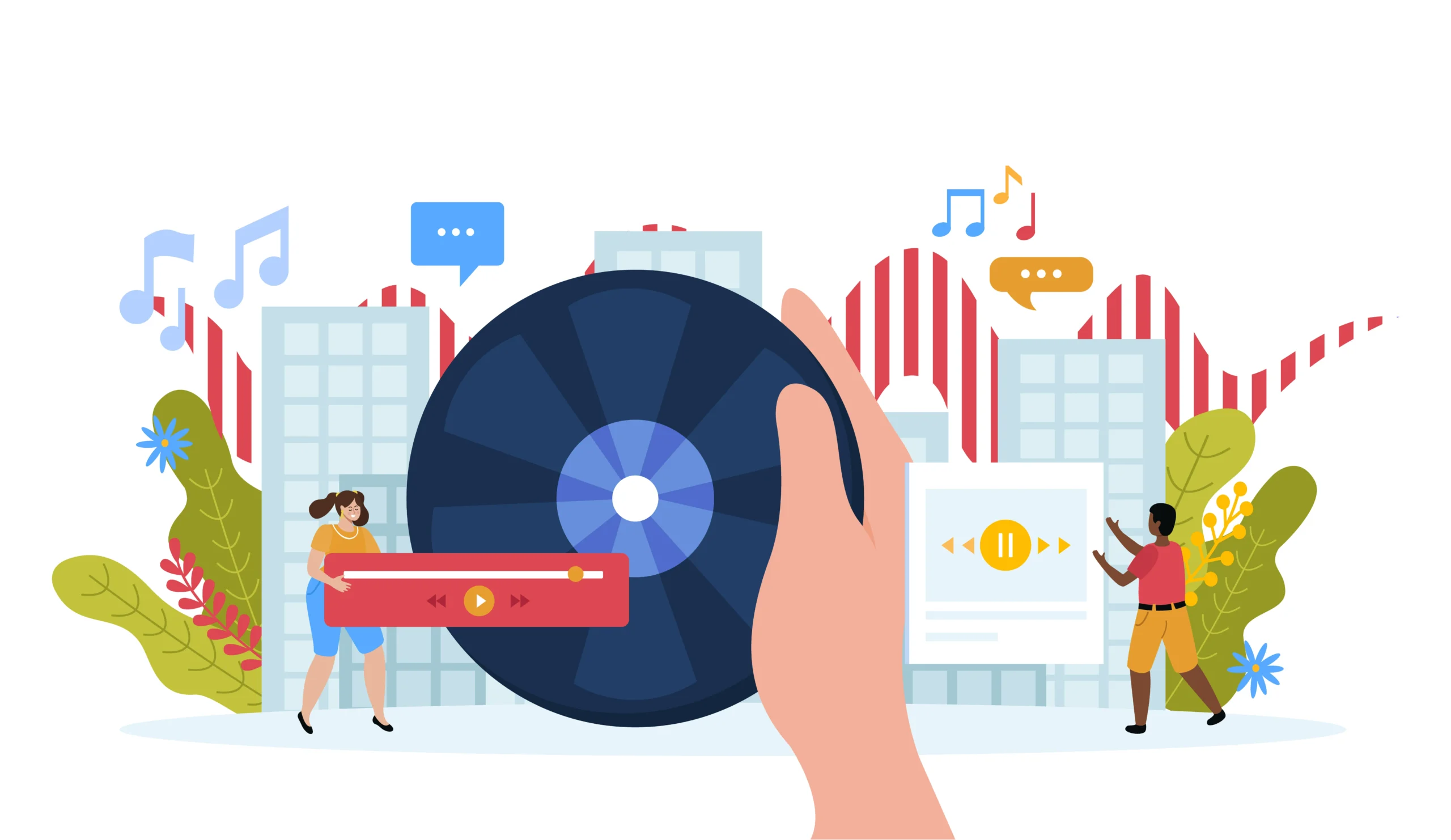
The biggest difference between both licenses, is that if you purchase a non-exclusive agreement, the producer retains ownership, which means he can license the beat to other artists. There are also certain limitations when it comes to stream count, physical copies, sync placements and more.
When you purchase the exclusive license, then that is considered a “work for hire” agreement, which means you get ownership over the beat and you don’t have any limitations when exploiting it.
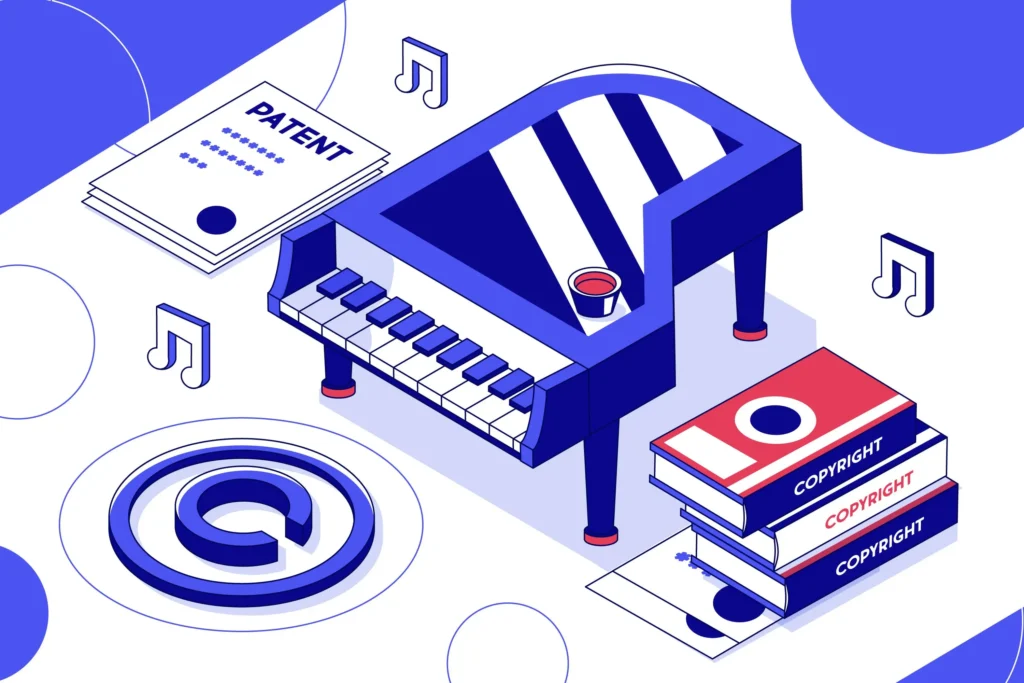
You can see that the cheap beat leases come with a lot of limitations. In all honesty, you get what you pay for.
Some producers offer the so called “Unlimited” license, which costs anywhere from $80 to $300, which removes some of the caps such as stream limits, physical copies, music videos and radio broadcasts, but if someone else purchases the exclusive, then you’re out of luck once your agreement expires.
If you’re an upcoming artist with a tight budget, it might be best to go for the leased beats, since they offer more flexibility and lower prices. If you have a bigger budget and you’re already making a stable income from your music, then it might be better to go for the exclusive, since it can offer a bigger return on your purchase.
With that being said, the exclusive license offers longevity and ownership over your music, the only issue is the price and whether there’s samples in them.
If you have purchased a beat online with a sample, then it is your responsibility as the Artist or Record label to clear the sample. Logistically speaking, there is no way for a producer to clear a sample without knowing if anyone is going to purchase the beat. It also doesn’t make sense economically, since getting the licenses to clear a sample can cost thousands of dollars.
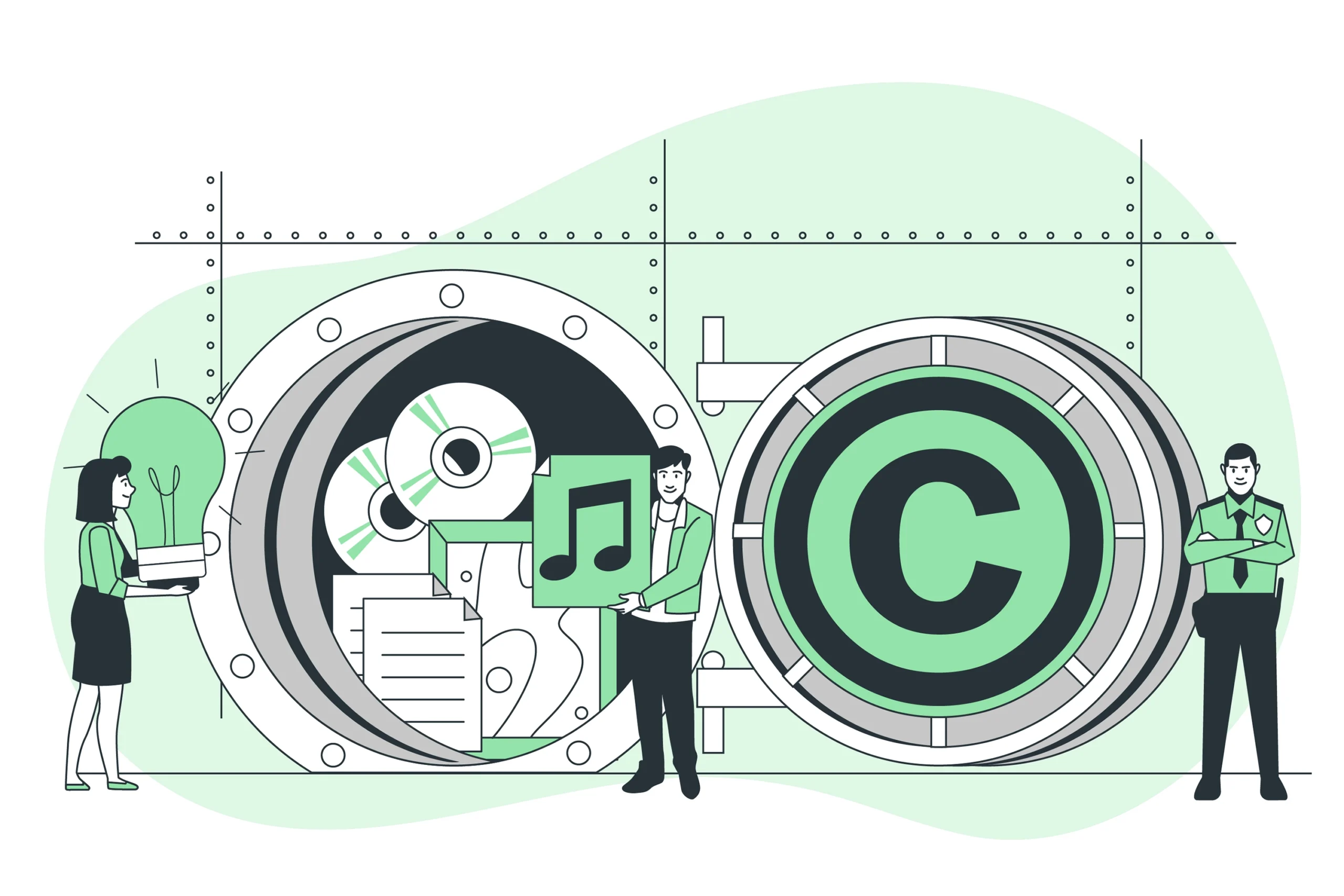
Unless you’ve got thousands of dollars in your pocket and months to wait before you officially clear the sample, pray to god they don’t find you.
Let’s say you purchased a beat online, regardless of whether it was exclusive or non-exclusive. and you didn’t know there was a sample in it. Or you did know but don’t have the time and money to clear it, but still want to release it.
There are two possible scenarios:
You can see that the first scenario is nothing to worry about, but you’ll definitely be in for a ride if you’re making millions of plays and haven’t cleared the sample.
I’m a producer who’s been in the beat leasing space since 2019. and this has happened with an artist who free downloaded a beat from me in the past.
Let me explain what happened..
Back in 2020, I made a beat with a sample that got some traction on YouTube. It featured a sample from a song, which UMG owned the copyright to. An Artist, who had a decent following downloaded the beat for free and released a single. People started making memes to it and streamed the song like crazy. To this day this is his biggest song with more than 3 million streams across all platforms.
One day he asked me, “hey bro, what’s the sample name?”.
I replied with the sample name, not knowing the song was going crazy, it turns out everyone was asking what the sample was. But other than the fans, guess who was listening too? UMG.
And so it happened that I sample snitched on myself…
Regardless, I was excited, after all it was the first song that I produced that got 1 000 000+ streams on Spotify alone.
I let the streams roll until 2-3 million and started asking the Artist to pay me.
Crickets…
No reply, no email back, the artist was nowhere to be found.
So what did I do? I took the song down from Spotify. He replied immediately, saying that UMG found the song, fined him $400 and took ALL the royalties. This meant thousands of dollars into UMGs pocket, but you know what? They were in their full right to do so. Rememberwhere I said that I sample snitched on myself? This was the moment of realization.
If you use a beat with a sample, then you are liable if the sample isn’t cleared. If the copyright owner finds that you have used their music without authorization, then you could get fined and get your royalties taken away from you or the worst, get sued. I’ve seen it happen.
There are some acts out there who don’t really care and drop songs with uncleared samples, saying “Hey man, if the song blows up, I’ll just ask for forgiveness and hope they clear it for me”.
It’s entirely up to you, but from my observations, unless you’re racking up thousands of dollars, you’ll most likely stay under the radar.
Free for profit beats are usually beats on YouTube and SoundCloud which are given for free to the Artist, who can then post the song on Spotify and Apple.
But in reality, there’s nothing free about a “free for profit” beat. The reasoning for this, is that there are no clear terms on what you can use a free for profit beat for.
If you go and buy a $30 beat, you know what you’re getting. You can do (x) amount of streams, (x) amount of music videos and (x) amount of physical copies. You split the publishing 50/50% and move on with your day. You’ve got the license agreement.
With free for profit beats, you’re basically giving your trust into a producer who said “Sure bro you can use it just credit me”.
What if the song blows up? Unless you’ve got a written agreement with the exact terms and conditions of you using the beat, he can take it down anytime he wants, he can ask you for any amount of money for you using his beat. You’re basically at the producer’s mercy.
I used to be one of those producers who posted the (FREE FOR PROFIT) Type Beats on YouTube.
The reason I stopped doing these types of beats as a producer, was simply because it was a bad look. I attracted a lot of hobbyists and freeloaders. My beats suddenly held no real value because they were labeled as “Free For Profit”. I was racking up a lot of plays on YouTube, but nothing really came out of these beats.
Once I announced that I’m stopping the free for profit beats, a lot of people were discouraged. But the year after that was my best year beat sales wise.
This means that if the Artist wants to register the song with his Performance Rights organization such as ASCAP or BMI, then he needs to list 50% of the shares to the Producer. Publishing is not to be mistaken with the Master Recording royalties, which come from the Distributor.
Publishing refers to the copyright of the underlying composition and lyrics, not the recording of the song itself.
There are 3 types of royalties when it comes to music:
When you have an agreement that states you own 50% of the publishing, this refers to the Performance and mechanical royalties.
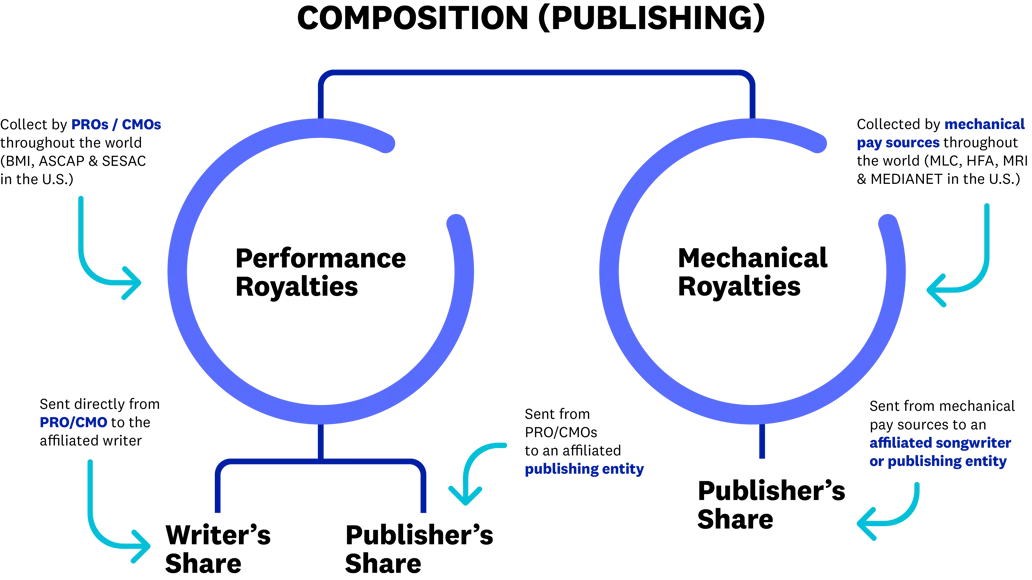
I’ve written blog posts on both Performance Royalties and Mechanical royalties. It includes on how to register your music for publishing and collect both mechanical and performance royalties.
Buying beats online has definitely changed the way artist and producers work with each other. It simplifies the process and makes it easy to release music without having to worry about copyright infringement.
As long as you are informed about what you can and can’t do with beat leases, then for me it’s a win-win situation.
Do you prefer owning the exclusive rights or being more flexible with a beat lease? Leave a comment. I’d love to hear your opinion on the matter.
Share this post:

DistroKid vs. CD Baby Music Distribution for Independent Record Labels What’s good guys, Today I will be doing this post to discuss and share my
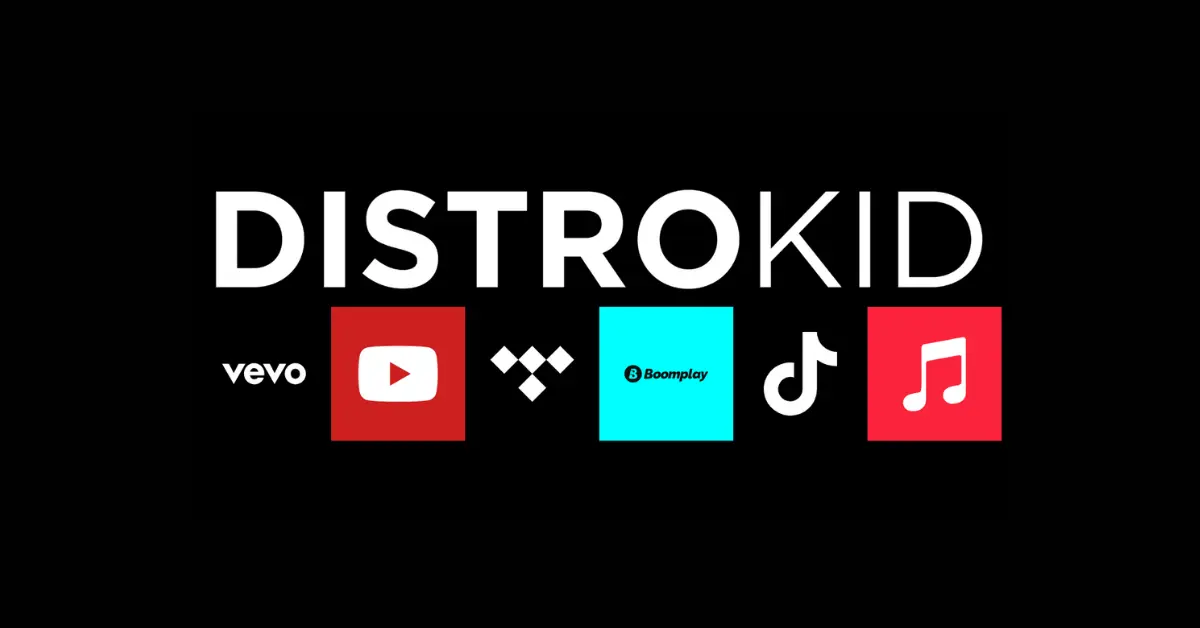
DistroKid’s music video distribution starting at $100 annually has been up for debate by some artists. Is it worth it?